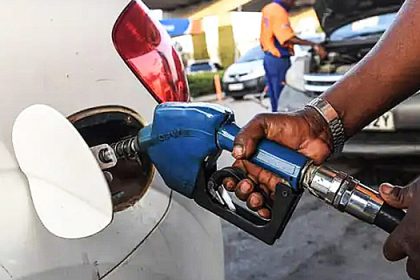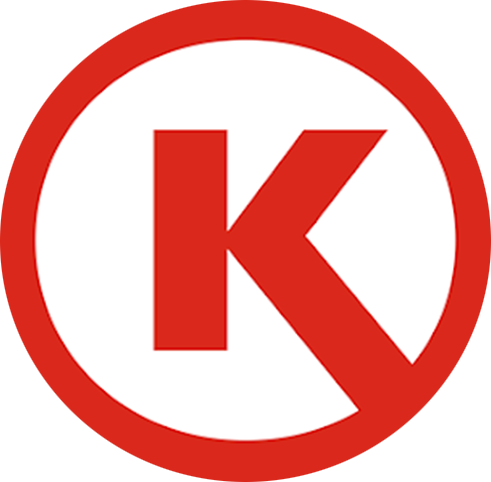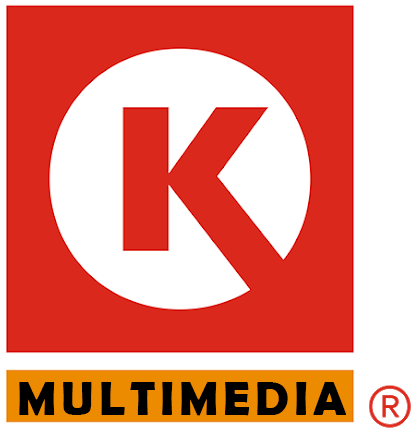
Since the removal of subsidy on the product over one year ago, the price of fuel has moved from around N200 to about N1,000 across the nation.
While the Dangote Refinery coming on board and moves to rehabilitate the government-owned refineries are expected to lead to a reduction in the price of the commodity, Dikwal says it will take time for such to materialise.
“The moment you deregulate the market, allow free market forces to come in, then the question about price becomes quickly sorted because you will start to see it come down,” the Vice Chair of the African Energy Council, said on Tuesday as a guest on Channels Television’s special programme to mark Nigeria’s 64th Independence anniversary.
“But I can say this to Nigerians: if you are waiting for the price to go down anytime soon, you can forget about it. Diesel is about N1,180 per litre Most likely, petrol will probably creep to that before free market forces come down before we start to see it come down.”
35 Days On Queues
He also said the availability of petroleum across the country is a big issue after the energy sector in Nigeria. According to him, taxi drivers in Lagos State which is the nation’s commercial capital spend an average of 35 days queuing for the product.
“There is a recent study by one of our analysts. If you take the average taxi driver, say in Lagos, he spends a minimum of 72 hours in the petrol station queuing in a month,” he said. “Sum that up into a year and it probably works out to be about 35 days. That is about 10 percent of his year just queueing; non-productivity.”

